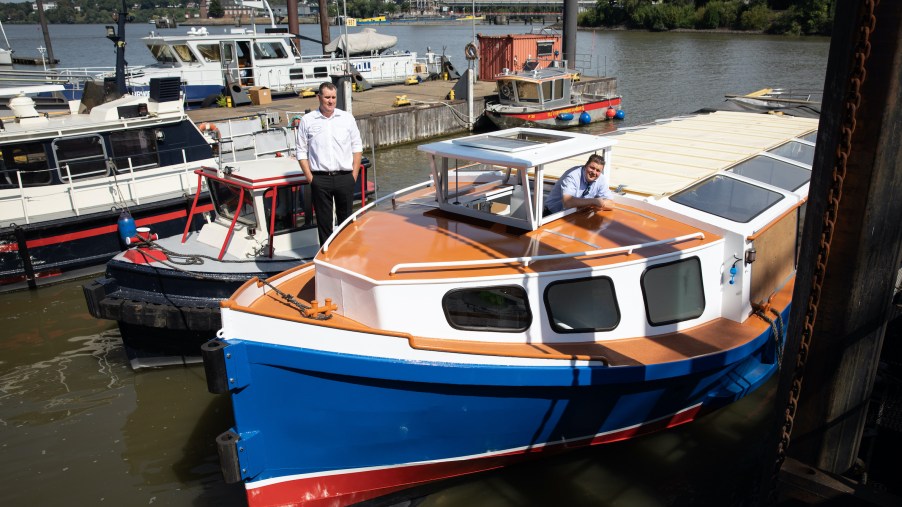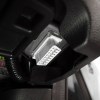
What Can You Do to Prepare Your Boat for Hurricane Season?
You’ve done the research, found a reputable dealer, worked out your loan, and finally purchased your boat — the last thing you want is for your investment to be ruined come hurricane season. Without proper preparation, storms can wreak major havoc on your boat. The best thing you can do is plan ahead so you’ll know exactly what you want to do when the time comes. Here are Boating Magazine’s biggest tips for navigating an impending hurricane.
The danger of not preparing
Before deciding the best way to care for your boat during a storm, it’s important to understand the dangers of doing nothing. Preparing for hurricane season can be time-consuming and costly, and it may seem to make more sense to simply leave your boat in a secure marina.
However, Boating Magazine points out that even waters that are ostensibly protected can become dangerous during a hurricane. Storm surges can turn peaceful canals and docks rough, and 100-knot winds can create violent, 8-foot seas.
Cables may also break, and there is always potential for flying debris to crash into your boat. This can cause hundreds of dollars in damages, which is ultimately much more than you’d spend on a safe storage facility.
Ways to secure your boat
If you plan to leave your boat in the marina, there are a number of steps you can take to help keep it secure. Boating Magazine suggests utilizing fire hose as chafing gear, running your dock lines through it to secure them more firmly.
Additionally, it is a good idea to double up on all your lines. No matter how secure they seem, you should always assume that at least one will fail. As a precaution, attach your secondary lines at different points on the boat and dock. Boating Magazine also recommends hanging all your fenders as an extra security measure.
It is also important to remember that while you are taking the time to secure your vessel, your neighbors may not be doing the same. Other unsecured boats in the marina can come loose in high winds, crashing into yours and undoing your work. If you’re uncomfortable staying where you are but you want to keep your boat in the water, you might consider sailing to a different dock out of the storm’s path. It’s a good idea to go south, as hurricanes generally veer north.
Alternative storage options
While there are many steps you can take to secure your watercraft at the dock, your safest bet is to remove it from the water until the hurricane passes. In fact, many boatyards offer dry storage facilities that you can sign up for in the event of a major storm. This will not only protect your watercraft, but it will often earn you insurance breaks.
If your boatyard doesn’t offer dry storage facilities, you might also choose to attach your boat to a trailer. You can bring it away from the boatyard and either store it outside or in a warehouse. If you opt to store it outside, make sure to park near a large building to help protect the boat from the wind. Boating Magazine also recommends mounting your trailer on blocks and then deflating the tires to help keep it in place.
Although securing your boat for a hurricane can be a hassle, it will ultimately save you a great deal of time and money. Storage can be expensive, but once you consider the damages you’re likely to incur if you leave your boat unsecured, it becomes a worthy investment. By doing your due diligence, you’ll save money and be able to enjoy your boat for years to come.


